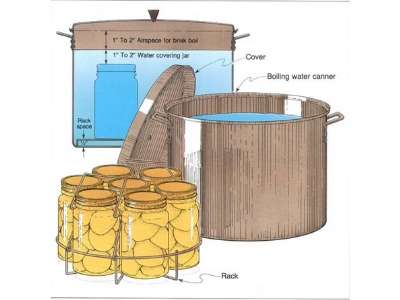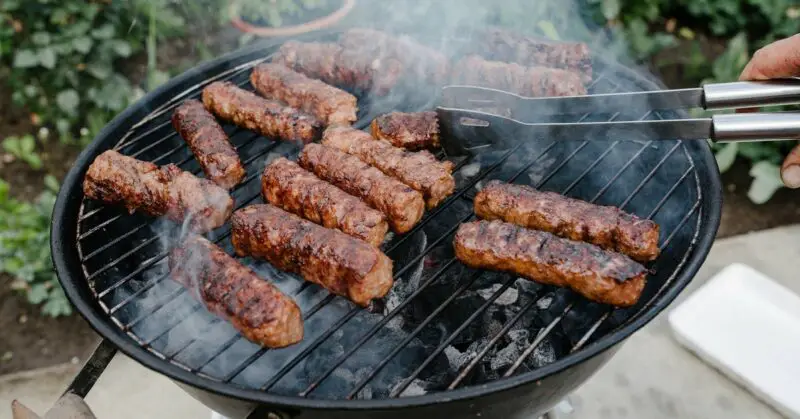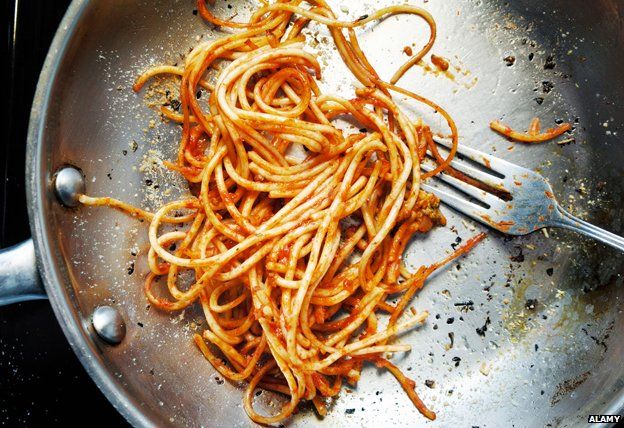Boiled water is one of the most accessible and readily available ways to access clean and safe drinking water. However, it is not always practical to boil water every time you need a drink. As such, it becomes crucial to know how long boiled water can be stored at room temperature without going bad.
In this article, we will explore the shelf life of boiled water at room temperature and factors that can affect it. We will also discuss safety precautions, best practices, and alternatives to storing boiled water at room temperature.
##Introduction
Boiled water is one of the most effective methods for removing bacteria, viruses, and other pathogens from drinking water. Boiling water kills most microorganisms that can cause illnesses such as diarrhea, gastroenteritis, typhoid fever, and cholera.
The purpose of this article is to provide information on how long boiled water can last at room temperature. With this knowledge, you can ensure you always have safe drinking water readily available.
Before delving into the specifics of boiled water storage, let us first look at why proper water storage is essential.
Water is vital for human survival. The human body consists of about 60% water; thus, staying hydrated is critical for optimal body function. Access to clean and safe drinking water is essential to prevent dehydration and illness caused by contaminated or impure drinking water.
Properly stored boiled water is an easy and cost-effective way to access clean and safe drinking water.
##Factors Affecting the Storage of Boiled Water
Several factors determine how long boiled water can be stored at room temperature without going bad:
###Temperature
Temperature plays a vital role in the shelf life of boiled water. Higher temperatures increase the growth rate of microorganisms that can contaminate stored boiling water. Ideally, controlled room temperatures below 20°C or 68°F are recommended for storing boiled water.
###Equipment
The container used for storage plays a significant role in the shelf life of boiled water. Glass or plastic containers with tight-fitting lids that prevent air from entering are suitable for storing boiled water. Containers should be thoroughly cleaned before use to eliminate any bacteria that could cause contamination.
##Shelf Life of Boiled Water at Room Temperature
The shelf life of boiled water refers to the length of time boiled water can be stored without going bad. Boiled water stored at room temperature can last for up to 2-3 days. However, this duration may vary depending on environmental conditions such as temperature, sunlight, and contamination.
Research shows that storing boiling water for more than 24 hours at room temperature can cause bacterial growth that could lead to a change in taste and odor. Furthermore, long-term storage beyond the recommended period could create conditions necessary for bacterial and fungal survival.
It is essential to keep track of the storage period and dispose of any stagnant boiling water past its shelf life.
##Safety Precautions when Storing Boiled Water at Room Temperature
Poor storage practices can lead to contamination of boiled water, negating the benefits of boiling it in the first place. It is critical to take safety precautions when storing boiled water at room temperature:
###Thoroughly Cleaning Containers before Use
Before storing boiled water in a container, ensure you wash it with warm soapy water and rinse thoroughly. This step eliminates any bacteria or debris left from previous uses.
###Avoiding Contamination by Ensuring Cleanliness during Storage
Microorganisms thrive in environments with moisture and organic matter. Therefore, it is important to keep storage containers clean both inside and out.
###Using Proper Handling Techniques to Avoid Any External Factors That Affect the Water’s Freshness
Avoid exposing stored boiling water to sunlight since it increases the temperature thus creates an ideal environment for microbial growth.
##Best Practices for Storing Boiled Water at Room Temperature
Several ways can extend the shelf life of stored boiled water.
###Adding Certain Salts And Chemicals That Help Prolong Conservation
Adding iodine or chlorine to Water, 10 drops per liter of water will help extend the shelf life of stored boiling water. The chemicals create a hostile environment for bacteria proliferation.
###Maintenance Practices for Storage Containers
Maintaining storage containers and regularly cleaning them eliminates any bacteria that may cause contamination. Ensure the lids of containers are tightly closed to prevent air or moisture from entering.
##Signs That Your Boiled Water has Gone Bad
It is crucial to know when your boiled water has gone bad. Here are some signs that can help you recognize when your boiling water is not safe for consumption:
###Physical Changes Like Discolouration, Cloudiness Or Precipitation
Cloudy, discolored, or precipitation in stored boiled water may indicate microbial contamination. Such water should be discarded immediately.
###Smell And Taste Changes in Stored Boiling Water
Contaminated boiling water may have an unpleasant taste and smell or a peculiar odor that is not typical of clean drinking water.
##Alternatives to Room Temperature Storage
There are alternative methods one can use to store boiled water safely:
###When Refrigerator Storage Is Necessary.
Storing boiled water in a refrigerator can extend its shelf life for up to a week.
###Freezing as an Option for Long-Term Storage
Boiled water freezes well. Frozen boiled water can last several months, making it ideal for long-term storage
##Comparison with Other Storage Methods
Other methods for accessing safe drinking water include bottled water, tap water, and distilled water.
###Bottled Water
Bottled water is convenient but costly compared to boiled or tap water.
###Tap Water
Tap water has a low cost, but it may contain impurities and microbial contaminants harmful to human health.
###Distilled Water
Distilled water goes through several purification stages, ensuring it is free from impurities. However, the process is expensive and not a feasible option for most households.
##Conclusion
Boiled water is an effective method for removing microbial contaminants from drinking water. Proper boiled water storage ensures that clean and safe drinking water is available at all times.
Factors such as temperature, equipment, and cleanliness affect the shelf life of stored boiled water. Safety precautions, best practices, and alternatives such as adding salt or freezing can extend the shelf life of stored boiled water.
It is crucial to monitor boiling water’s storage period since stagnant boiling water beyond its shelf life can cause microbial growth that may impact taste, odor, and even pose health risks.
Stay healthy by ensuring you store boiled water in the safest way possible.
Frequently Asked Questions
#### How long can boiled water be safely stored at room temperature?
You may be wondering how long you can keep boiled water at room temperature. Boiling water is an effective way to kill bacteria, but it doesn’t prevent re-contamination. Here are some frequently asked questions about storing boiled water.
#### Is it safe to store boiled water in a container at room temperature?
Storing boiled water at room temperature in a clean container for up to 24 hours is generally considered safe. However, keep in mind that the longer you store boiled water, the higher the risk of re-contamination with bacteria from the air and surroundings.
#### Can I drink boiled water that has been stored at room temperature for a week?
It is not recommended to drink boiled water that has been stored at room temperature for more than 24 hours. The longer you store it, the higher the chance of harmful bacteria growing in it. If you need to store drinking water for longer periods, refrigeration or freezing is recommended.
#### What is the best way to store boiled water?
The best way to store boiled water is in a covered container made of glass or food-grade stainless steel. These materials are non-reactive and won’t leach any harmful chemicals into the water. Keep the container away from direct sunlight and heat sources, and use within 24 hours for best quality and safety.







